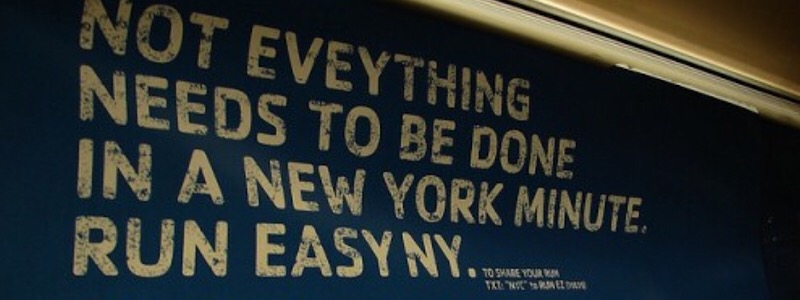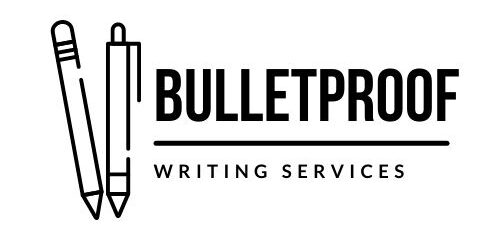It’s a reasonable question. The short answer is: everyone who wants to communicate with others via the written word. Or, in business jargon: anyone who is publishing their work.
Publishing
Merriam-Webster’s Dictionary has a rather stuffy definition of publishing that says it is “the business or profession of the commercial production and issuance of literature, information, musical scores or sometimes recordings, or art.” Instead, I like to think of publishing as making information available to the public. After all, unless you are writing in your journal or diary, you’re probably going to share your work with someone. And once you share your work with someone, you have an audience.
Anyone with an audience needs a proofreader.
Who Publishes?
Don’t be put off by that fancy definition of publishing. It’s not just the John Grishams and Jane Austens of the world that publish. Nowadays, publishing means so much more than printing a book. It includes web content, transcripts, journalism, academic papers, business materials, and more.
Think about that for a second.
Publishing for Individuals
Have you ever built a résumé? You put a lot of time into choosing your template, collecting your references, and including every single skill you’ve learned. Don’t you want that résumé to be professional and perfect so you have the best chance of getting an interview? A proofreader can help with that.
Maybe you’re like me, and you enjoy cooking, so you follow several food blogs. I follow one that has amazing recipes, but the written instructions are full of typos. Blogs are available to the public and count as published content. Whether the blog is someone’s hobby or full-time job, bloggers can benefit from having proofreaders check their content.
Some people have amazing stories. Not everyone dreams of being a best-selling author, but they do want to share their work. I used to work with a little old lady who had traveled the world and experienced wonderful things. She wanted to write her memoirs so her grandchildren could hear about her life after she was gone. Years ago, I helped a man who wanted his sons to know how their father won their mother’s heart. He wanted his sons to have a written record of their love story. Both the memoirs and the love story were self-published. Those dreams became reality. But before they were published, their work went to a proofreader.
Academics
Academic publishing isn’t just for doctoral candidates anymore. Don’t get me wrong, your dissertation does need proofreading. However, academic writing is actually more than just doctoral theses. Undergraduate college students have to write papers. Are those papers going to wind up in a scholastic journal? Maybe not. However, those students are sharing their work with professors or other students, so that counts as publishing. Some papers make up a large part of the course grade, so don’t you want your work to be as polished as possible?
Even high schoolers applying to colleges or universities have to write papers for their applications. If you’re applying for a competitive school, having a proofreader review your admissions essay can give you an edge over the competition. Remember, if someone else reads your words, you have an audience. It doesn’t matter if it is the college recruiter, the admissions officer, your professor, or the examiners. All those people count as an audience. And if you have an audience, you need a proofreader to check your work.
Media
Have you ever turned on the closed captions for a movie or TV show? Doesn’t it drive you nuts when the captions are spelled wrong? Those closed captions are based on the transcript for the movie. Transcriptionists need proofreaders too.
Not everyone dreams of writing the next great American novel. Some people dream about writing the next Oscar-winning screenplay. Movie scripts and screenplays are sellable items. Remember, if you are going to sell (publish) your work, having a proofreader on your team can only help you.
Businesses
Marketing campaigns are major investments for businesses, no matter what size they are. One would think that the larger the company, the more careful the marketing teams would be to ensure their campaigns are error-free. However, this isn’t always the case. Take a look at the two images below and tell me what you see.


Did you notice that Miller spelled contradiction incorrectly? And the Reebok team misspelled everything. If these serious companies can make mistakes, smaller companies surely can as well. Proofreaders can help spot those pesky errors before your company spends a lot of money printing ads.
Social media managers are responsible for updates, tweets, and posts that can reach millions of people. Remember McDonald’s Black Friday tweet from 2017? This is excellent proof that your social media accounts can benefit from proofreading before posting.

Maybe your company is still a start-up or small business. Do you have a website? Have you made flyers or marketing brochures? Perhaps your company writes client proposals. Maybe you need to write up a business plan to present to investors. All of these items need a proofreader to review them before you publish them.
Takeaway
If you don’t remember anything else from this post, remember these two things. First, if you share what you’ve written with someone, that counts as publishing. Second, if you want to publish something, you should have a proofreader review it first. I’d love to help you with that. Contact me today!
Self-Publishing Bonus!
While I’m proofreading your project, you can check out the links below to learn more about self-publishing.
Just remember: proof before you publish!
Still have questions? Maybe you’re wondering why you should pay for proofreading? Or what the difference is between proofreading and editing? Learn the answers to those questions and more on my blog, Becoming BulletProof.
